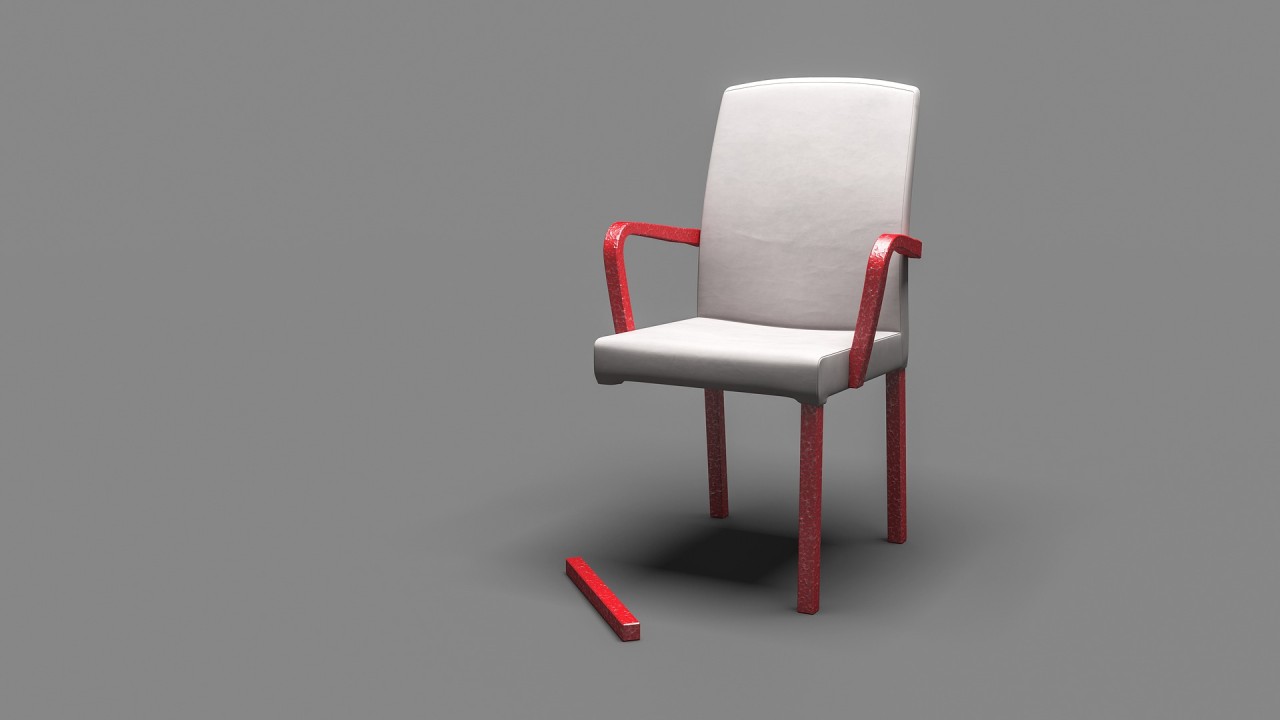
You may think this is obvious, but I continue to see attorneys get tripped up by this question: When an appeal from a judgment is taken, which generally stays matters in the trial court (matters that are are "embraced therein or affected thereby" (CCP § 916)), does the appeal prevent the trial court from awarding the prevailing party's attorneys' fees?
Answer: No. In fact, the First District Court of Appeal recently called this a frivolous argument in Korchemny v. Piterman (D1d2 Aug. 27, 2021) 2021 WL 3828228, no. A155483 (nonpub. opn.).
The court first faults the appellant for "cit[ing] nothing in support" of the argument that the appellate stay prevents the court from awarding fees and costs. The court then explains that, to the contrary, the proposition is refuted definitively in Bankes v. Lucas (1992) 9 Cal.App.4th 365, 368–369, superseded by statute on other grounds as stated in Lee v. Wells Fargo Bank (2001) 88 Cal.App.4th 1187, 1197. Bankes rejected the identical argument the appellant makes here. Bankes held:
“Contrary to Bankes's argument, the filing of a notice of appeal does not deprive the trial court of jurisdiction to award attorney fees and costs post trial.... [I]t has been held that a motion for attorney fees is not premature despite the filing of a notice of appeal. [Citations.] [¶] In any event, an award of attorney fees as costs is a collateral matter which is embraced in the action but is not affected by the order from which an appeal is taken. (Code Civ. Proc., § 916, subd. (a); In re Marriage of Sherman (1984) 162 Cal.App.3d 1132, 1140.) Consequently, filing a notice of appeal does not stay any proceedings to determine the matter of costs and does not prevent the trial court from determining a proper award of attorney fees claimed as costs.”
A quick search indicates the argument is raised not infrequently in the appellate courts, which suggests it is raised still more often in the trial courts. I have seen it prompt a further round of briefing in the trial court, as trial judges tend to take seriously any argument that they lack jurisdiction. So clip-and-save the quote from the Banke opinion.
Although the court called the argument frivolous, it did not impose sanctions. Remember that appellate courts are authorized to impose sanctions on their own motion. (In re Marriage of Flaherty (1982) 31 Cal.3d 637; see also Dana Commercial Credit v. Ferns Ferns (2001) 90 Cal.App.4th 142, 146 [authority to impose sanctions for filing frivolous appellate motions].)
If the court does not impose sanctions on its own motion, you have to file a separate motion. You cannot just ask for sanctions in a brief. (Cal. Rules of Court, rule 8.276, (a)(1); Cowan v. Krayzman (2011) 196 Cal.App.4th 907, 919 ["Sanctions cannot be sought [only] in the respondent's brief."].)